Fukushima: How Japan is recovering, five years on
The 2011 earthquake and subsequent nuclear disaster has left an indelible mark on the country's history
A free daily email with the biggest news stories of the day – and the best features from TheWeek.com
You are now subscribed
Your newsletter sign-up was successful
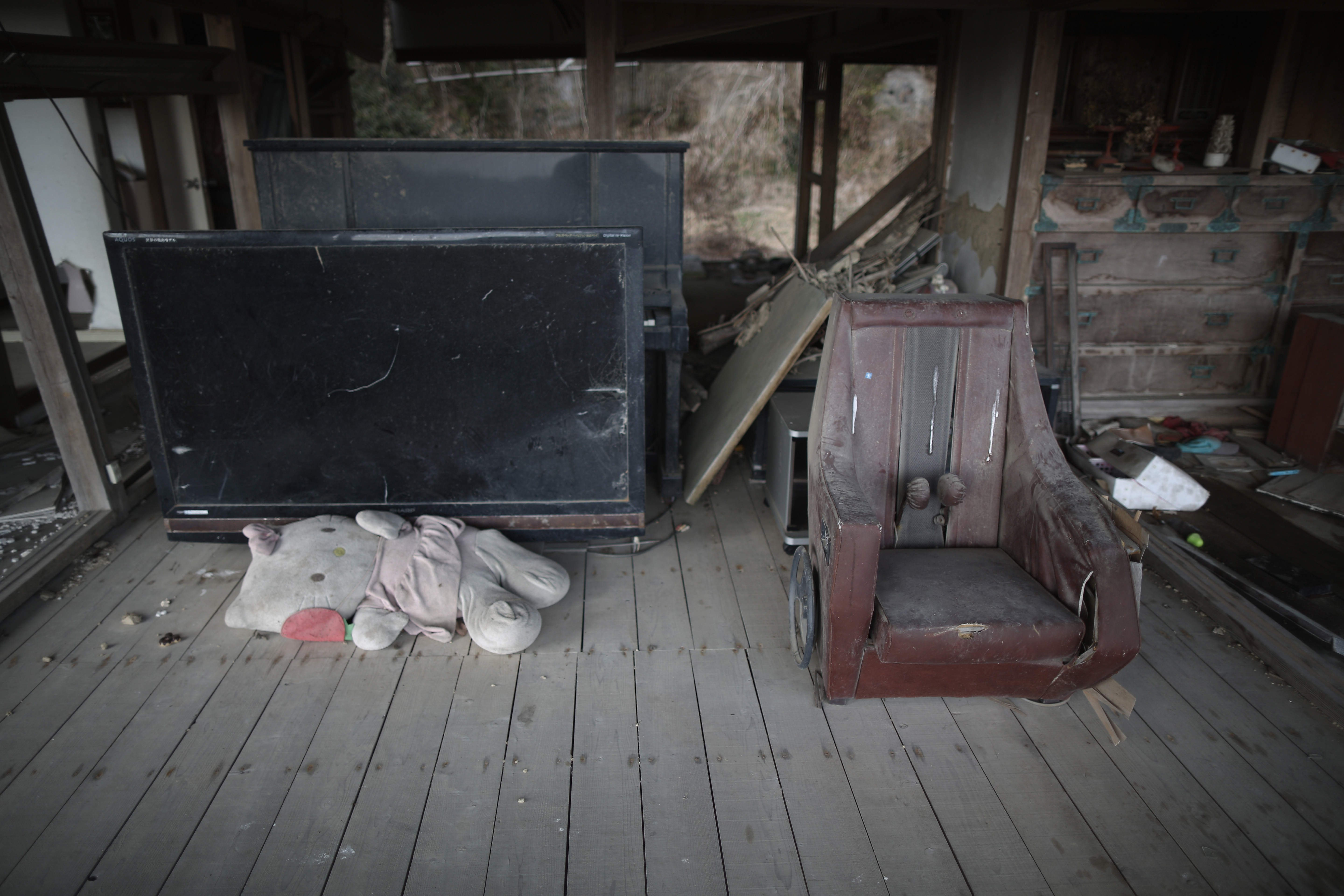
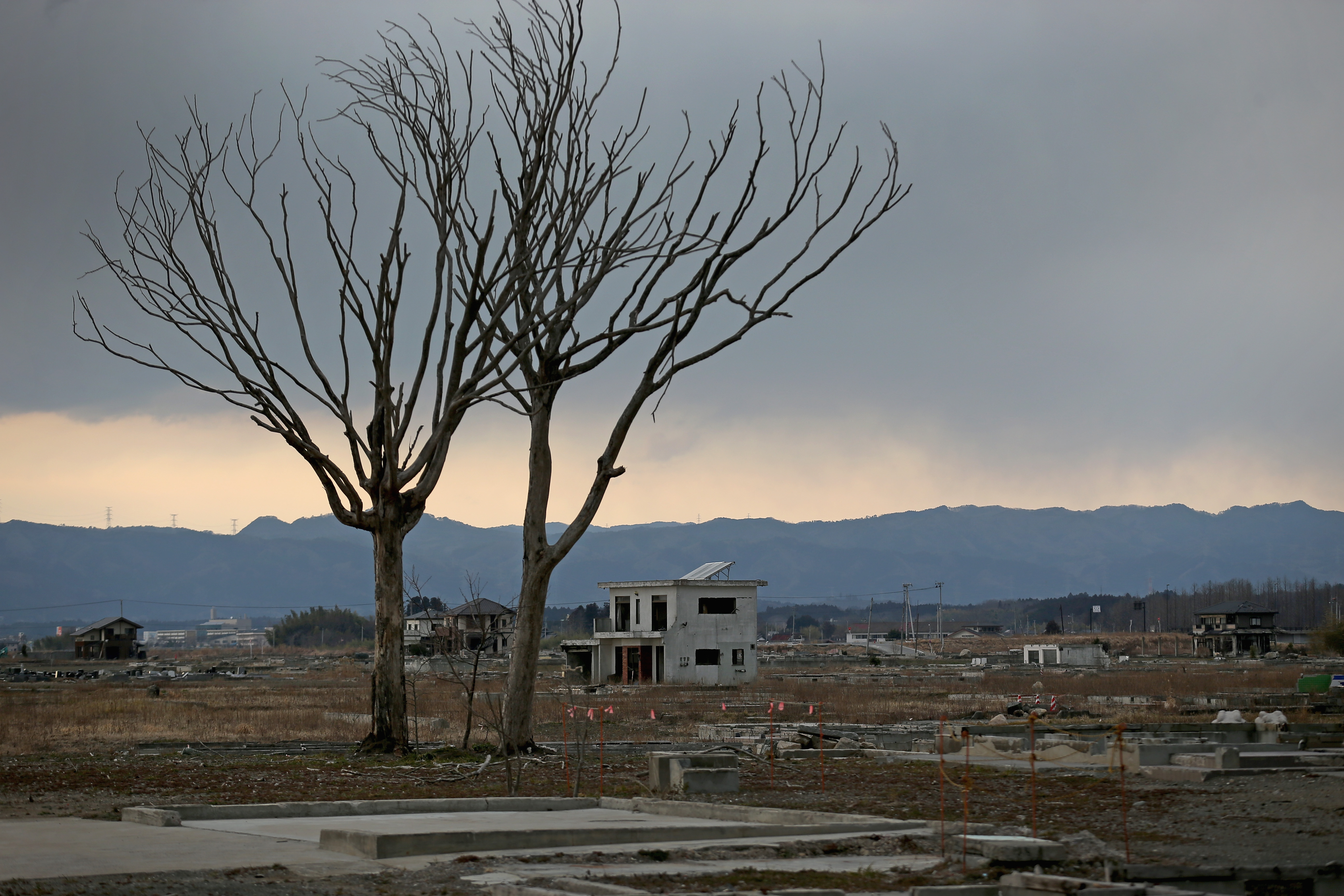
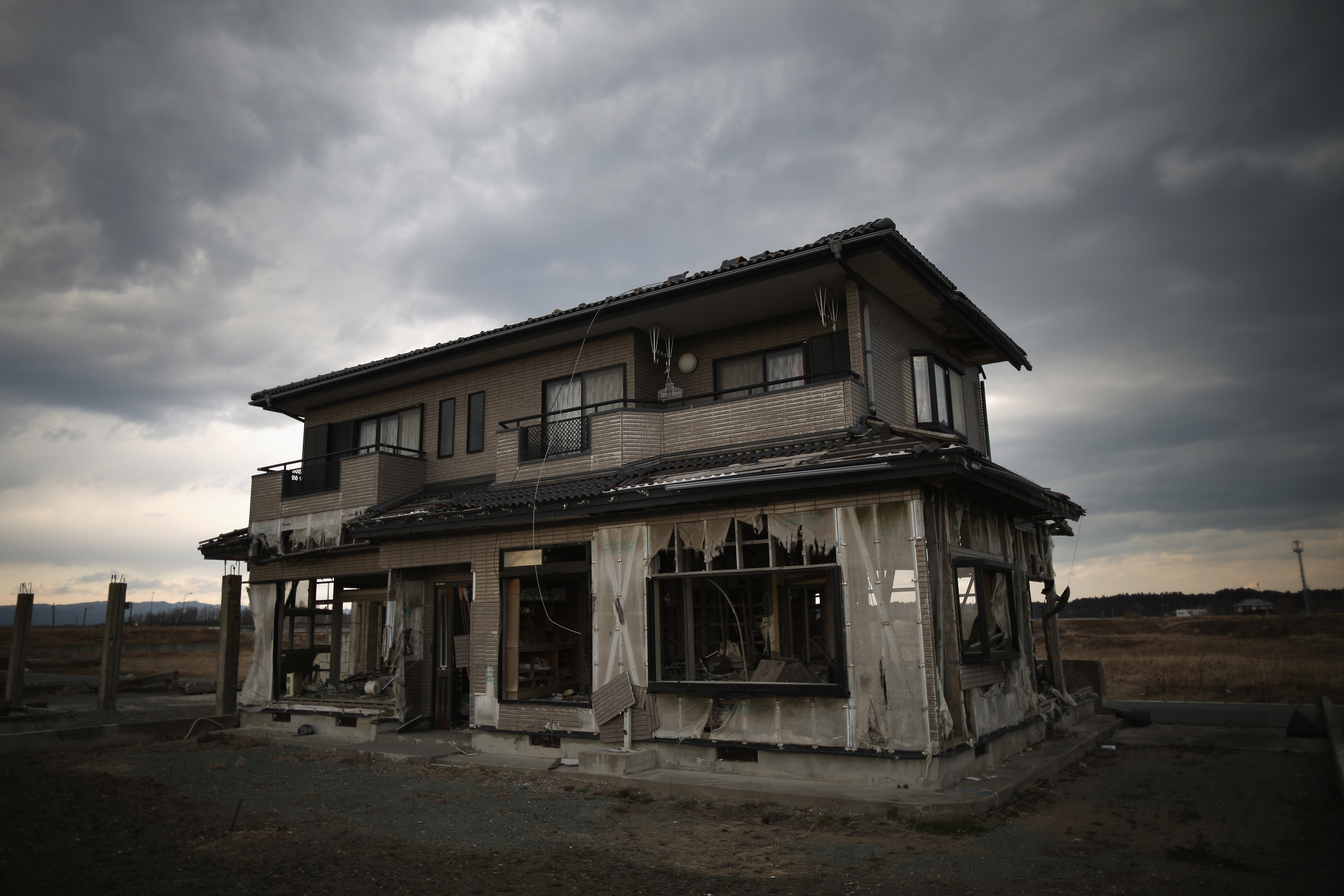
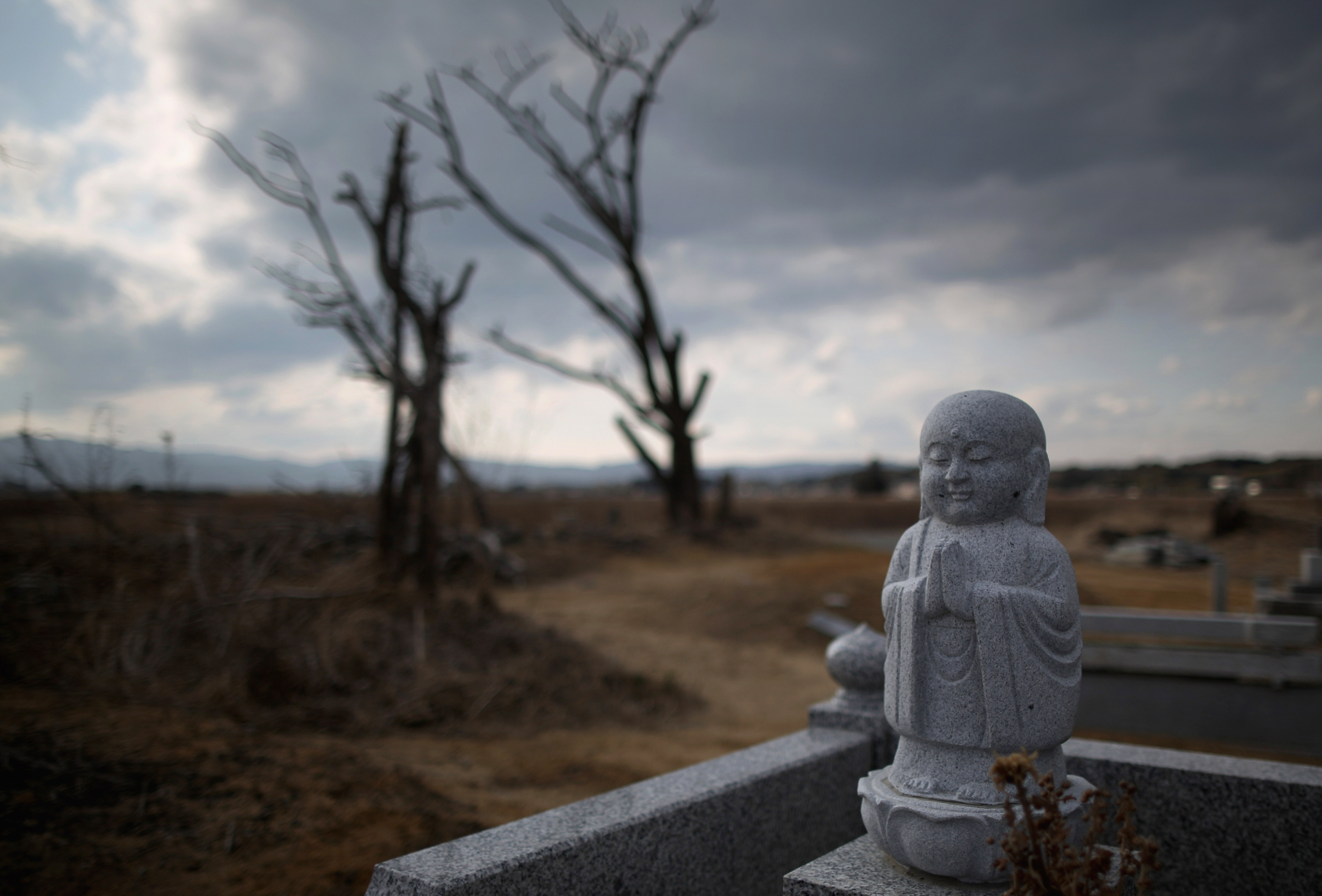
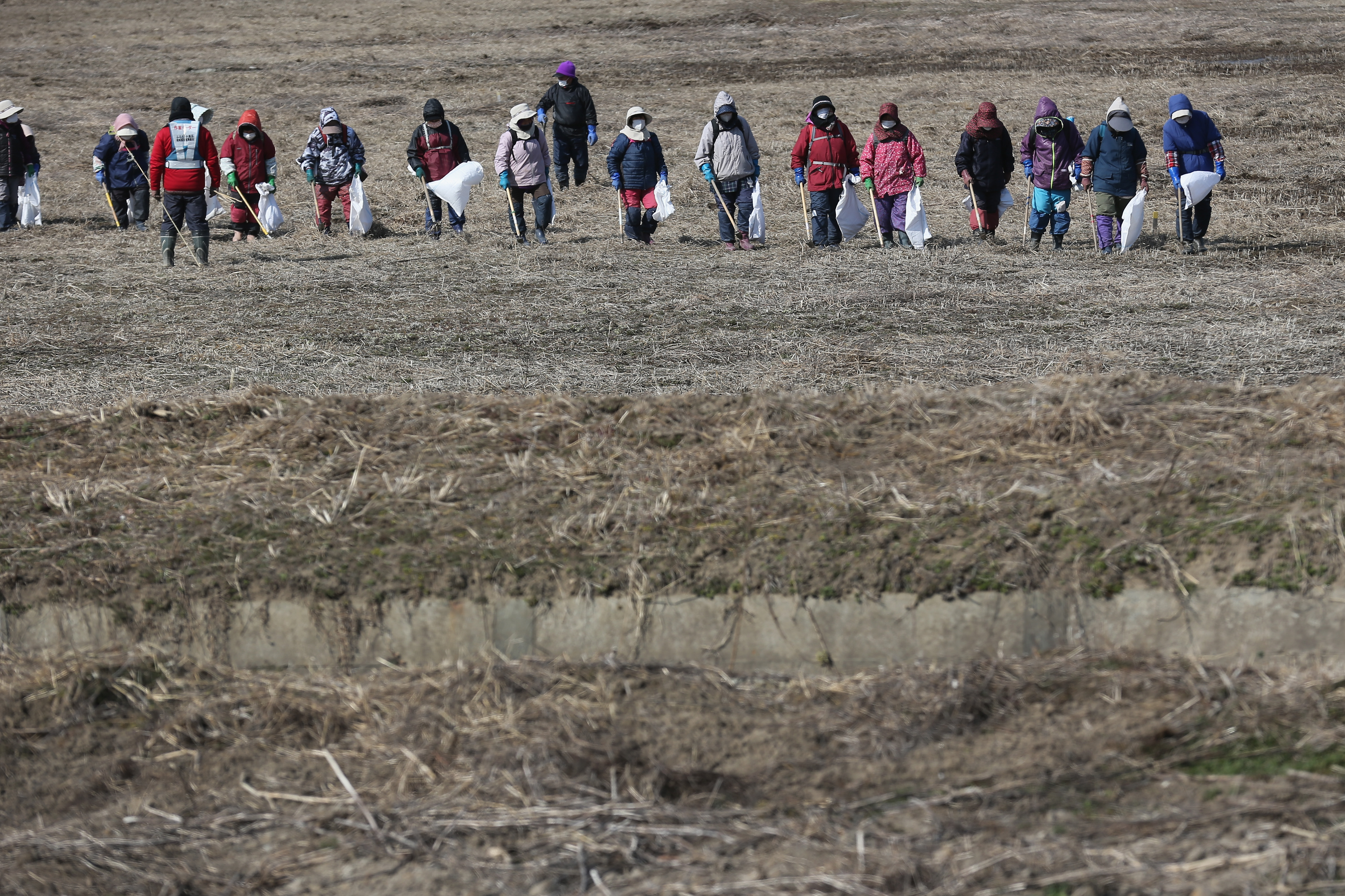
Five years ago today, a magnitude-9.0 earthquake struck the east coast of Japan. It was one of the most powerful quakes on record, so strong it shifted the earth's axis and shortened the length of the day by nearly two microseconds.
But it also caused a tsunami that ravaged 400 miles of Japanese coastline and killed almost 19,000 people.
That in turn triggered an emergency at the Fukushima Daiichi nuclear plant, disabling the power supply and cooling systems of three reactors and resulting in meltdowns and explosions. It was a level-seven nuclear accident, on a par with Chernobyl in 1986, with 160,000 people forced to flee Fukushima to avoid radiation poisoning.
The Week
Escape your echo chamber. Get the facts behind the news, plus analysis from multiple perspectives.

Sign up for The Week's Free Newsletters
From our morning news briefing to a weekly Good News Newsletter, get the best of The Week delivered directly to your inbox.
From our morning news briefing to a weekly Good News Newsletter, get the best of The Week delivered directly to your inbox.
How has the recovery gone?
It has been criticised for its slow pace. Prime Minister Shinzo Abe's government has promised to accelerate reconstruction efforts in the next five years, but it has come in for increasing attacks.
More than 174,000 survivors are yet to return home, including almost 100,000 people from Fukushima.
The hardest parts of the clean-up haven't even begun yet. Tepco, the company that owned the nuclear plant, has still to draw up plans for removing the highly radioactive nuclear fuel that melted through steel containment vessels and now sits at the bottom of three Fukushima reactors.
A free daily email with the biggest news stories of the day – and the best features from TheWeek.com
What was the damage?
The nuclear accident and its fallout will ultimately cost more than 11 trillion yen (£67.9bn), according to a study by Kenichi Oshima, a professor of economics at Ritsumeikan University.
But it's not just a money issue. Public confidence in the government has also taken a hit, with many believing the country should rely less on nuclear power following the disaster.
"The institutionally cosy ties between politicians, bureaucrats and the nuclear industry have left unresolved calls for reform and widespread distrust among members of the public who continue to be told that nuclear power is safe," says Germany's Deutsche Welle.
What about the long-term effects?
While it is still too early to say conclusively, experts agree the radioactive fallout was minimal in comparison with Chernobyl and a report from Fukushima Medical University concluded it was unlikely it had caused any thyroid cancer or other adverse health risks for the immediate inhabitants.
The effects on the national psyche have been far more profound. Katsunobu Sakurai, the mayor of Minamisoma, a town just north of Fukushima, told The Guardian the disaster had left an indelible mark on the country's history.
"We still have a long way to go," he said, "but life today is heaven compared to the hell of March 2011."
-
 Political cartoons for February 17
Political cartoons for February 17Cartoons Tuesday’s political cartoons include a refreshing spritz of Pam, winter events, and more
-
 Alexei Navalny and Russia’s history of poisonings
Alexei Navalny and Russia’s history of poisoningsThe Explainer ‘Precise’ and ‘deniable’, the Kremlin’s use of poison to silence critics has become a ’geopolitical signature flourish’
-
 Are Hollywood ‘showmances’ losing their shine?
Are Hollywood ‘showmances’ losing their shine?In The Spotlight Teasing real-life romance between movie leads is an old Tinseltown publicity trick but modern audiences may have had enough
-
 Epstein files topple law CEO, roil UK government
Epstein files topple law CEO, roil UK governmentSpeed Read Peter Mandelson, Britain’s former ambassador to the US, is caught up in the scandal
-
 Iran and US prepare to meet after skirmishes
Iran and US prepare to meet after skirmishesSpeed Read The incident comes amid heightened tensions in the Middle East
-
 Israel retrieves final hostage’s body from Gaza
Israel retrieves final hostage’s body from GazaSpeed Read The 24-year-old police officer was killed during the initial Hamas attack
-
 China’s Xi targets top general in growing purge
China’s Xi targets top general in growing purgeSpeed Read Zhang Youxia is being investigated over ‘grave violations’ of the law
-
 Panama and Canada are negotiating over a crucial copper mine
Panama and Canada are negotiating over a crucial copper mineIn the Spotlight Panama is set to make a final decision on the mine this summer
-
 Why Greenland’s natural resources are nearly impossible to mine
Why Greenland’s natural resources are nearly impossible to mineThe Explainer The country’s natural landscape makes the task extremely difficult
-
 Iran cuts internet as protests escalate
Iran cuts internet as protests escalateSpeed Reada Government buildings across the country have been set on fire
-
 US nabs ‘shadow’ tanker claimed by Russia
US nabs ‘shadow’ tanker claimed by RussiaSpeed Read The ship was one of two vessels seized by the US military